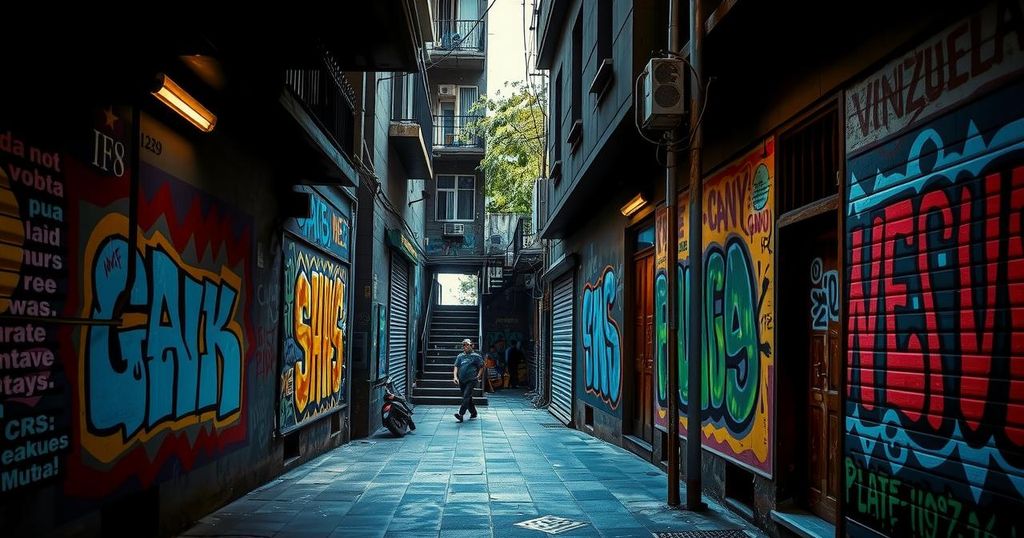Tren de Aragua: The Venezuelan Gang Under U.S. Government Scrutiny

Tren de Aragua is a Venezuelan gang that evolved from a prison organization into a powerful transnational criminal group involved in various illegal activities. U.S. President Trump has targeted the gang as part of his immigration policies, labeling it a foreign terrorist organization. With members suspected in the U.S. and operations across Latin America, Tren de Aragua represents a significant threat to national security.
In September 2023, Venezuelan President Nicolas Maduro deployed 11,000 soldiers to reclaim control of Tocorón Prison from the Tren de Aragua gang, which had transformed the prison into a luxury facility complete with a zoo and nightclub. Despite the military operation, the gang’s leader, Hector Guerrero Flores, managed to escape. This gang is currently a focus for President Donald Trump, who aims to remove foreign criminals as part of his mass deportation strategy against illegal immigrants.
Tren de Aragua began as a prison gang under Guerrero Flores, evolving into a significant transnational criminal organization, according to the U.S. State Department, which has placed a $5 million reward for information leading to his capture. Guerrero Flores, who has been incarcerated at Tocorón multiple times since 2002, utilized bribery for his escape in 2012 and converted the prison into a complex of leisure and indulgence upon his return. The gang has since expanded its influence beyond prison walls, controlling gold mines, drug trafficking routes, and smuggling operations along the Venezuela-Colombia border.
The gang, translated as “Train of Aragua,” is believed to be linked to a railroad union that historically exerted control over local contractors. Under Guerrero Flores’s leadership, Tren de Aragua has further penetrated Colombia, Ecuador, Peru, and Chile, diversifying its activities from extorting migrants to sex trafficking, contract killings, and kidnappings. The gang reportedly originated from Venezuela’s economic crisis in 2014, resulting in crimes being more lucrative.
Estimates regarding the size of Tren de Aragua vary; however, journalist Ronna Rísquez suggests the gang has around 5,000 members with annual profits of $10 to $15 million. Although smaller than other significant Latin American criminal organizations, the gang exhibits brutality in its operations and has been compared to MS-13. Recent incidents, such as the kidnapping and murder of Venezuelan military officer Ronald Ojeda in Chile, underline its violent nature. Furthermore, the U.S. Treasury sanctioned the group last year for its involvement in sex trafficking across the U.S. border.
President Trump has utilized the 18th Century Alien Enemies Act to classify Tren de Aragua as an organization involved in threatening U.S. territory. He has characterized the gang’s activities as a form of irregular warfare orchestrated by Maduro. There have been multiple arrests of alleged Tren de Aragua members in states such as Texas and Florida, with reports indicating connections between the gang and approximately 600 Venezuelan migrants in the U.S. As of 2023, the Migration Policy Institute noted that 770,000 Venezuelans resided in the U.S., with many granted protected status.
In summary, Tren de Aragua has transitioned from a prison gang to a substantial transnational criminal organization under the leadership of Hector Guerrero Flores. With extensive operations in several Latin American countries, the group has diversified its criminal activities and poses a potential threat to American security, prompting significant actions from the U.S. government. The gang continues to be under scrutiny as it expands its influence and contributes to various criminal enterprises.
Original Source: www.bbc.com







